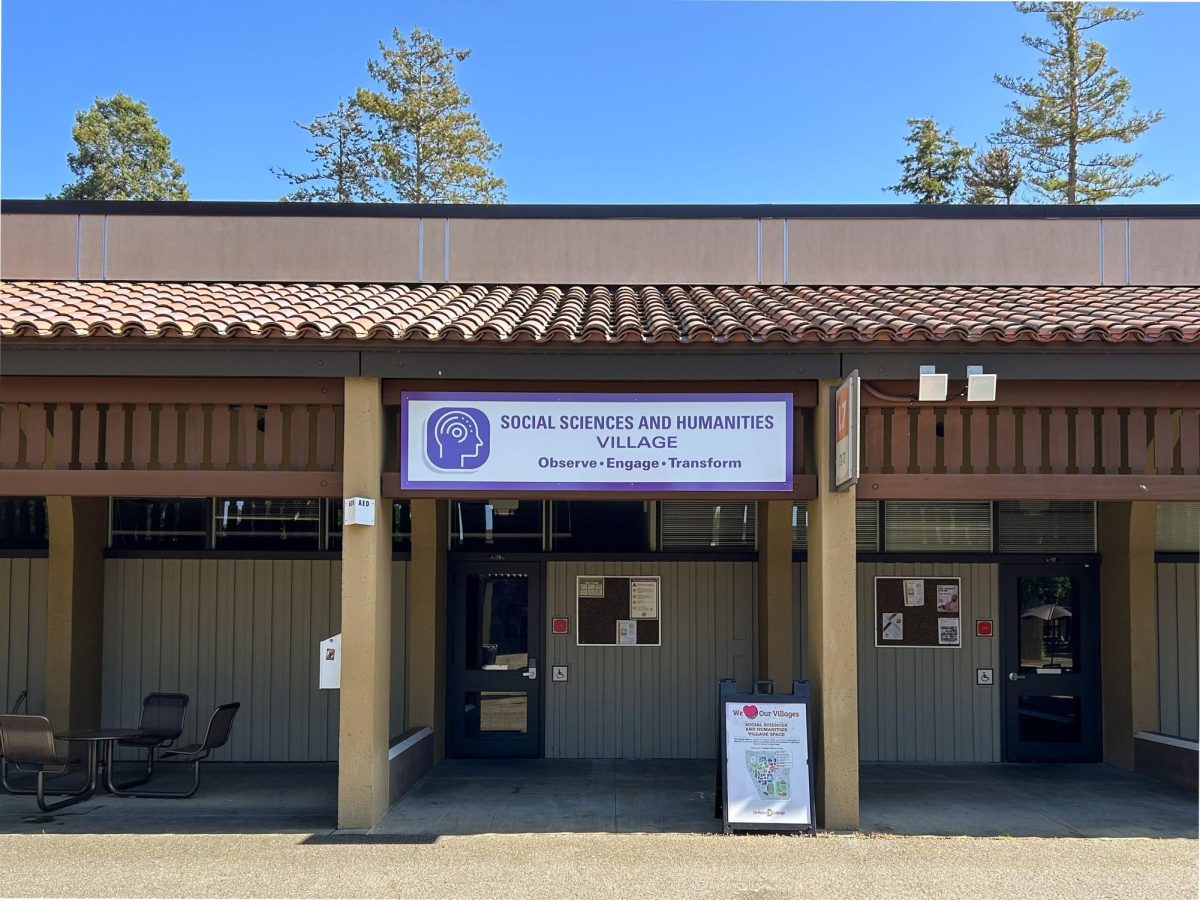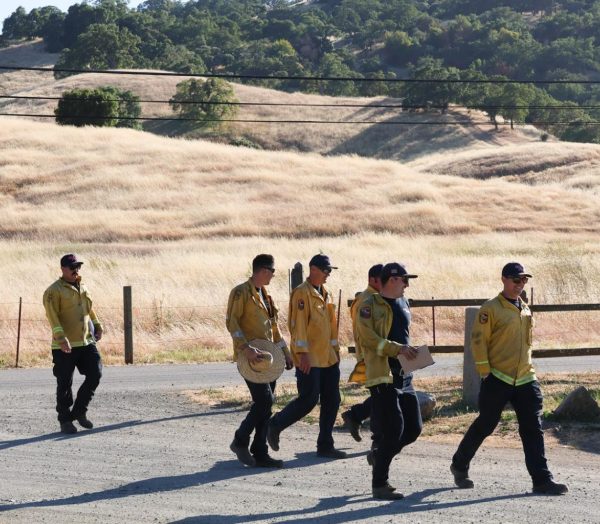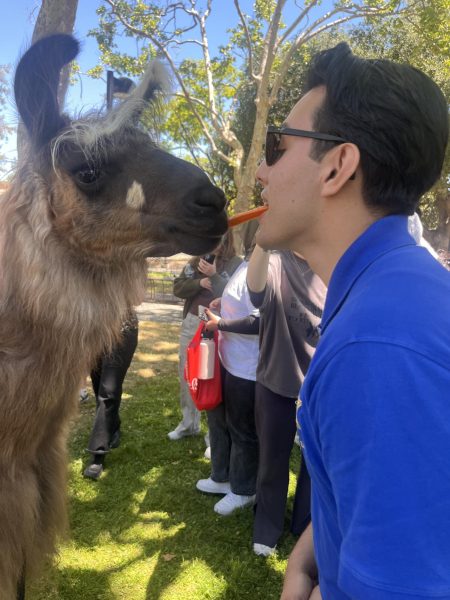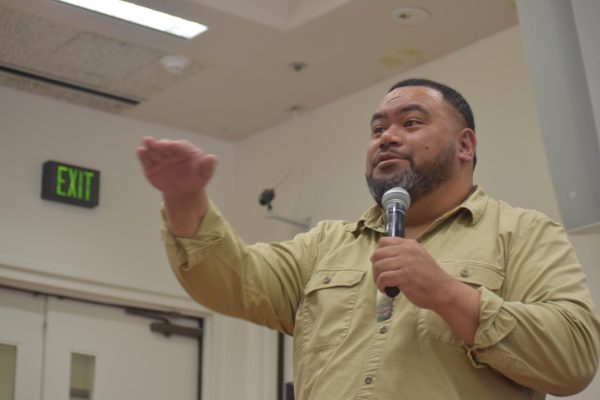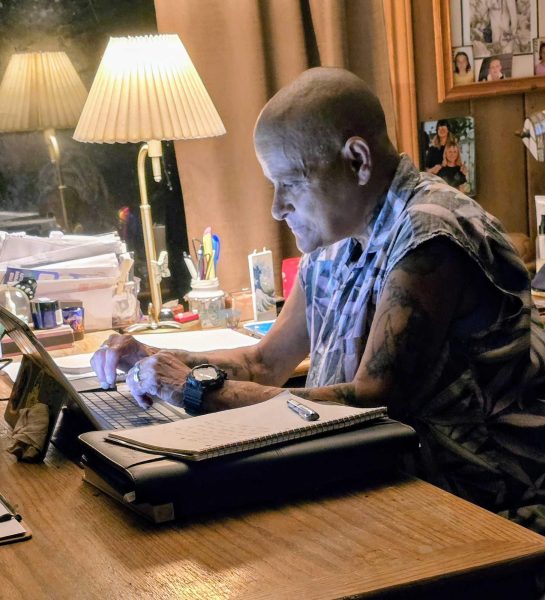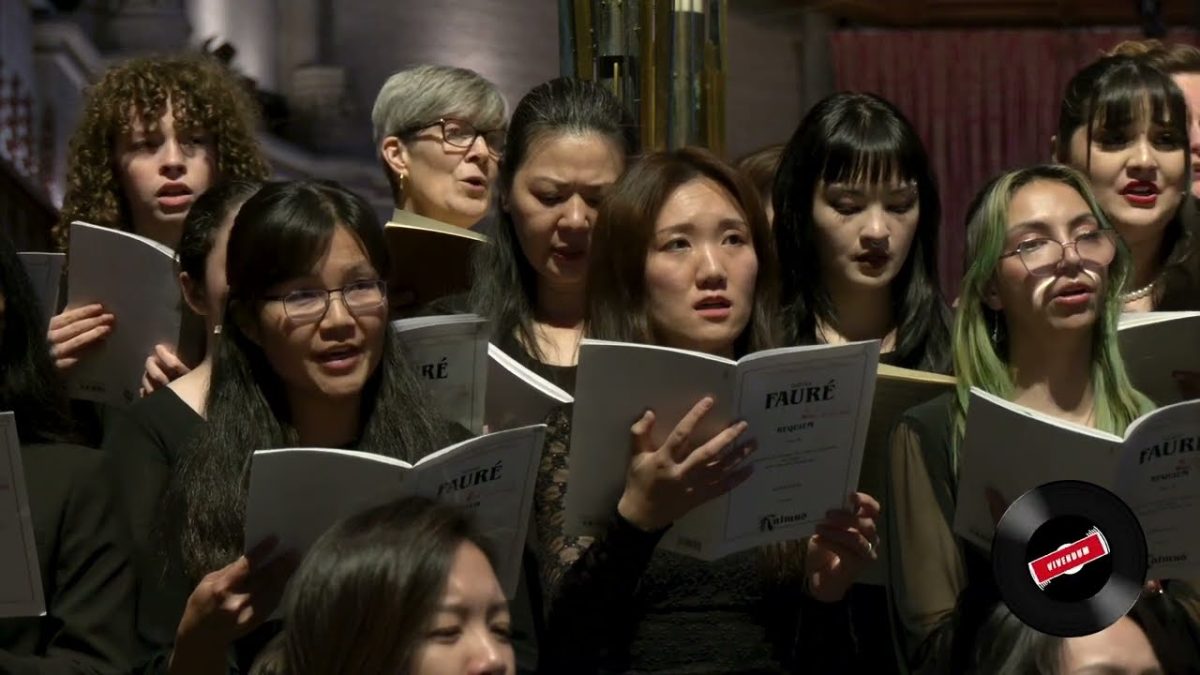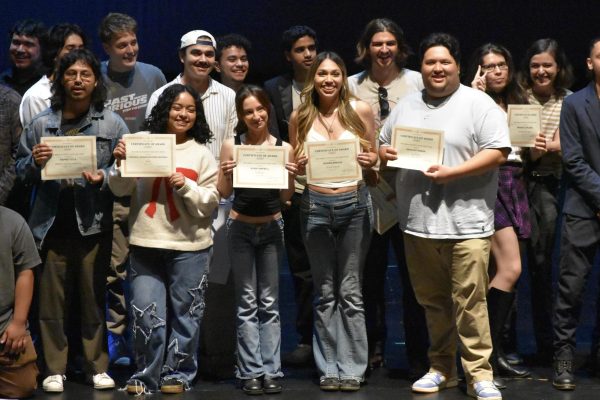Academic Senate to use ranked-choice voting for future decisions
The Academic Senate discusses ranked-choice voting, equity and other issues at their Oct. 18 meeting.
October 25, 2021
The De Anza Academic Senate decided unanimously that they will use a system of ranked-choice voting, as opposed to a simple majority to make decisions, at their meeting Monday.
Mary Pape, academic senate vice president, who gave the presentation on ranked-choice voting, said, “it makes it so the people who chose unpopular options, like the fourth or fifth option on the list, aren’t automatically not represented.”
“We would only use ranked choice voting when there are multiple choices we’d be deciding between,” Pape said. “A simple yes, no and abstain vote would still use the majority.”
To be effective, ranked choice voting requires the use of an online tool so that votes can be tabulated efficiently. Dawn Lee Tu, academic senator, was worried about the accessibility of these platforms.
“We would need to put some thought into how inclusive and equitable we’re being,” said. “Otherwise certain members of the senate may be excluded from voting.”
Cheryl Jaeger Balm, academic senate president, was supportive of the decision to move to ranked choice voting.
“The person who wins isn’t necessarily the person who gets the most ‘first place’ votes,” Balm said. “Even though it would be the person who the most people supported overall.”
Academic senator Robert Kalpin in particular was concerned about the idea of record-keeping. Since many tools, including RCV123, Pape’s tool of choice, enable detailed statistics to be generated for each round of voting, Kalpin suggested maintaining access to this information.
“If we go with RCV, I think we should always have access to the results tool,” Kaplin said.
Discussion was also briefly held about the Academic Senate of California Community Colleges Exemplary Program Award, which the senate will have the opportunity to award at a later meeting.
The Academic Senate will meet again on Oct. 25 at 2:30 p.m.











